The period from 1957 to 1969 was the most turbulent decade for Mao as well as for China. For Mao, it was a leap from a pragmatic and non-bookish Marxist position to that of a radical impetuosity and dogmatism. The epoch of consensus based polity of New Democracy was over. It was replaced by his Permanent Revolution syndrome. The ghost of revisionism started haunting Mao and prompted him to lay exclusive emphasis on the rubric of class struggle. A hitherto flexible, creative and earthy Mao was constrained to be chained and in fact imprisoned by scriptures, subjectivism and populism. Mao’s ‘quest for immortality’ pushed him, most of the time wittingly and at times unwittingly, to the extreme position of Blanquism. For China, it was a leap from a modernate and cautious strategy of development, china attempted to ‘skip over’, not one but several historical stages. This ‘Yanan Style Strategy’ of economic development and nation-building inflicted disastrous blows on China’s economy and society. The three ‘difficult’ years of 1958 to 1960 left nearly fifteen million peasants starved and dead on account of a famine. His Cultural Revolution which degenerated into ‘eating its own children’, maimed and killed nearly thirty million Chinese. Recalling this turbulent decade, China’s present leaders have characterized it as ‘the darkest period’ of China when the ‘left’ practiced the ‘feudal fascist dictatorship’. During this turbulent decade, at least on two occasions – for the first time in 1958-59-60 and for the second time in 1966-67-68 – China was down and out. Had it been a democratic society, its ruling elites would have been thrown out of power. The origins and the middle plateau of this turbulent decade (the Socialist Education Movement of 1962-66) constitute the subject matter of the book. Thus, it is a treatise on Mao, his variety of Marxism and the China of his time. In a word, it is an attempt to dig deeper into the origins of Mao’s radical impetuosity. The book is based on primary source material which the author collected during the course of his research in India, Hongkong and China.
China: Revolution to Revolution
by K R Sharma
$8.10
$9.00
In stock
Free & Quick Delivery Worldwide
All orders amounting to US$ 50 or more qualify for Free Delivery Worldwide. For orders less than US$ 50, we offer Standard Delivery at $14 per book.
ABOUT THE AUTHOR K R Sharma
K.R. Sharma is currently Professor of Commerce, Mizoram University, Aizawl, and former Professor, Chairman, Faculty of Commerce and Dean College of Commerce and Management Studies, M.L. Sukhadia University, Udaipur with over 43 years experience of teaching post-graduate courses in Management and Commerce. He was deputed by the Ministry of External Affairs, government of India, as Professor of Business Administration at the Institute of Management, Tribhuwan University, Kathmandu, Nepal for two years (1986-1987) under Colombo Plan. Also, he and was UGC Visiting Professor at M.D.S. University, Ajmer for one year (1999-2000). Apart from completing two major research projects of UGC (1988-1992) and ICSSR (1994-98) and a minor research project of UGC (1980-1982), Dr. Sharma has supervised 15 works leading to Ph.D. degree. Dr. Sharma was National President of Indian Accounting Association (1996-1997), President, Rajasthan Vanijya Parishad (1999-2000) and Chief Editor, Indian Journal of Accounting (1998-2001). He is Life Member of Indian Accounting Association, Udaipur, Accounting Research Foundation, Calcutta, All India Commerce Association, New Delhi, Indian Society for Training & Development, New Delhi, and Rajasthan Vanijya Parishad, Udaipr. Dr. Sharma is author of Operations Research and Quantitative Techniques (Kalyani Publishers, Ludhiana), Project Management (National Publishing House, New Delhi) and Research Methodology (National Publishing House, New Delhi).
reviews
0 in total
Review by Anonymous
Be the first to review “China: Revolution to Revolution” Cancel reply
You must be logged in to post a review.
Bibliographic information
Title
China: Revolution to Revolution
Author
Edition
1st ed.
Publisher
ISBN
8170991013
Length
vi+266p., Bibliography; Index; 23cm.
Subjects

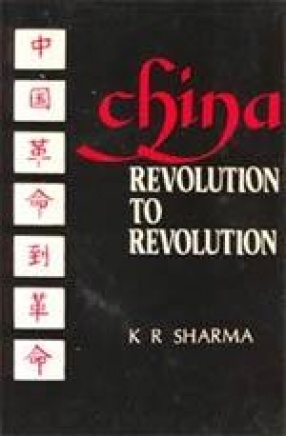
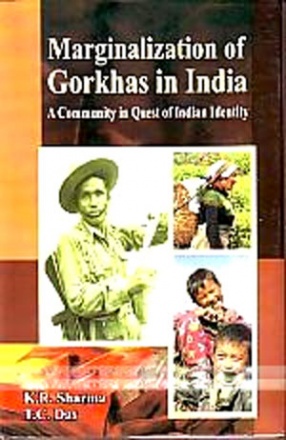

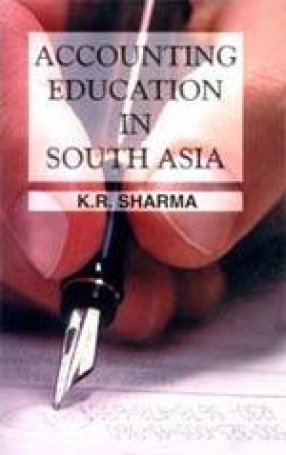
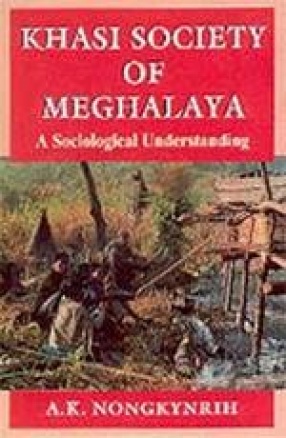
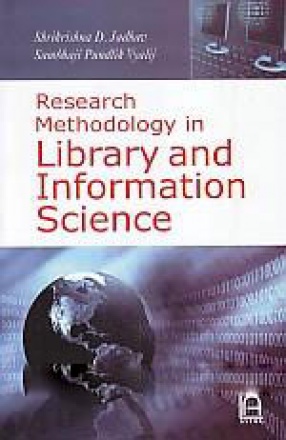
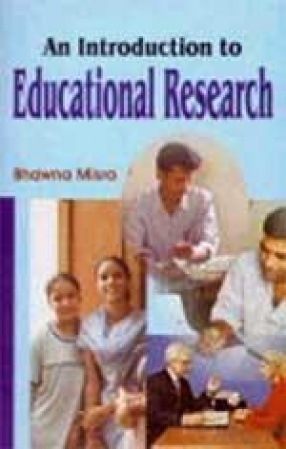
There are no reviews yet.